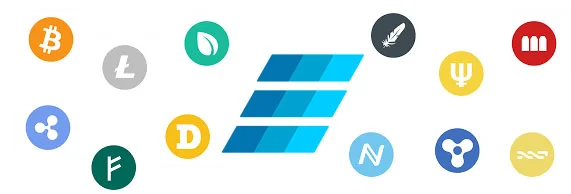the Status project raised $270M this morning in under 3 hours, concurrent to Civic’s, which completed its ICO for a total of $64M in a heavily oversubscribed offering
as with the Bancor ICO of just a few days ago, which raised $150M, the process generated great congestion on the Ethereum network and left many would-be participants out in the cold
in the context of the US national debt, or of market valuations for companies like Apple or Google, these sums are tiny, but if we consider that the purveyors of these funds are not institutions but individuals, not the great occidental pools of money collected over decades from the non-thinking public, but the hard-earned capital from little peoples across the world thinking hard about the potential of these projects, we start to discern something novel in this withering period of world history
unlike the IPOs of earlier days, these currency issuance events are not the product of lawyers, months of costly due diligence, SEC filings and government accreditations for participants; in fact, often there aren’t even legally formed companies for ICOs — the groups involved instead choosing to operate as github projects i.e. loose coalitions of developers living in different continents who have never met face-to-face and contribute to the project without compensation or clear leadership
gone are the Private Placement Memorandums (PPMs), Ivy League educated CEOs, prestigious underwriters like Goldman Sachs, auditors, and panoply of parasites we’ve all grown accustomed to. gone is the ludicrous notion of investing in intellectual property, in institutions and reputations
what we’re investing in now — often conveyed via little more than a whitepaper — is disruption. we’re investing in the unknown, in anything with the potential to change the status quo, and in the faith that anyone who would build a thing on their own time and contribute it anonymously to the world must do it out of altruism instead of greed
the posterchild for the nascent zeitgeist is, of course, Satoshi Nakamoto. whoever he is, we owe him a unpayable debt of gratitude, not only for the gift of Bitcoin, but also for bright-lining the leitmotif of the open source community: that something truly valuable must belong to those it serves, that ideas aren’t property, and that if we work together we can change the world
the Hopi tribes of North America use the word Koyaanisqatsi to mean “a life out of balance” — a state of affairs that demands a change in the state of affairs
and there is little question that on a planetary level we are awakening to the consciousness that our present way of life is unsustainable. for those that never heard of crypto-currencies, expression for change comes in the form of President Trump’s election and Brexit, the Scottish secession movement, or the many occupy/resistance initiatives out there
for those of us who understand the vision behind “crypto” and the enormity of the change it represents, there are ICOs
Eric Calder


